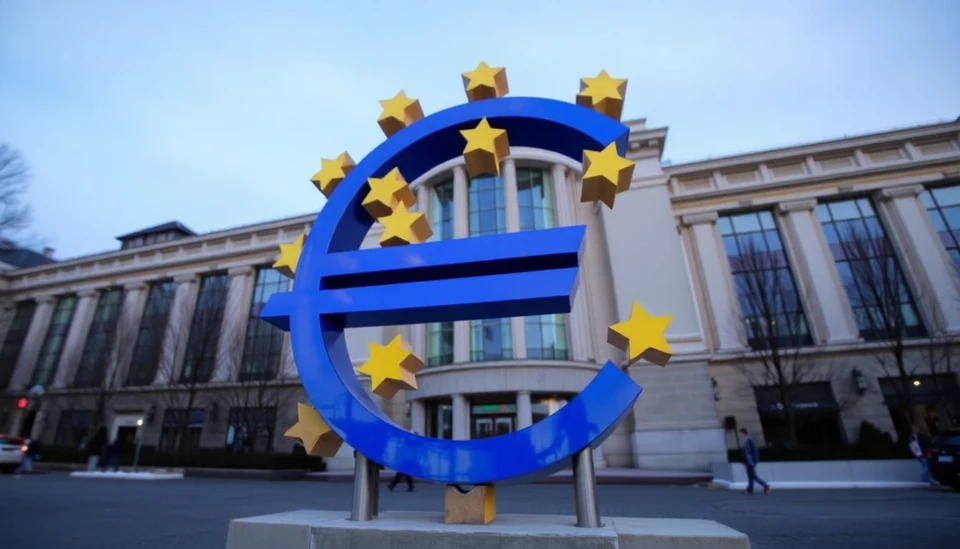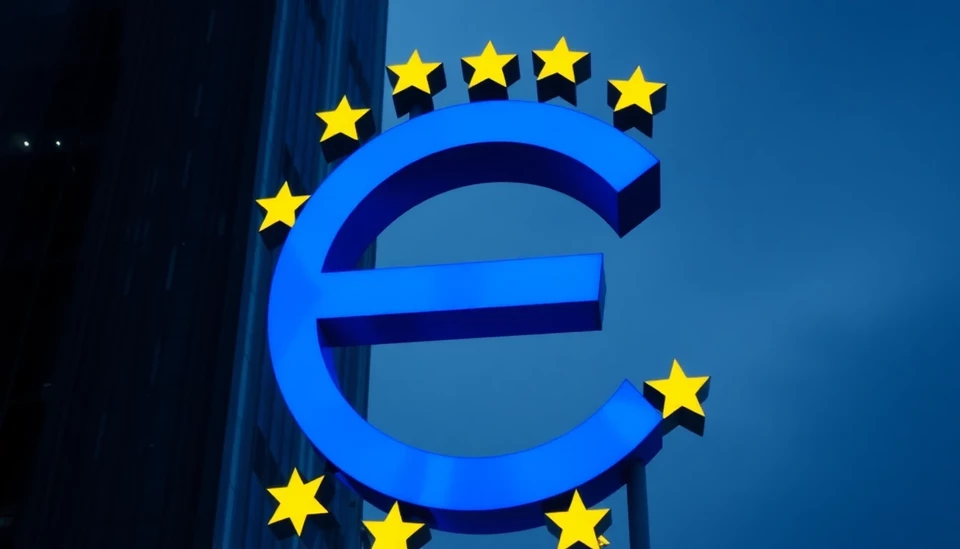
In a surprising turn of events, Euro Zone inflation crept up unexpectedly in January 2025, defying forecasts and compelling the European Central Bank (ECB) to tread cautiously in its monetary policy approach. The data released revealed that inflation hit an annual rate of 5.3%, exceeding analysts' predictions of 5.0%. This uptick adds a layer of complexity to the ECB's strategy as it weighs its next moves in light of rising consumer prices.
The recent inflation figures have raised eyebrows among economists and market experts, who were generally anticipating a stabilizing or even a slight decline in the rate. Instead, the increase signals that underlying pressures on prices may remain stubbornly persistent, suggesting potential challenges ahead for the ECB's efforts to manage inflation in a recovering economy.
Among the various components of the inflation rate, energy prices continued to be a significant contributor, although their annual rise slowed down when compared to previous months. Food prices, on the other hand, remained a key driver of inflation growth, particularly following spikes in agricultural commodity costs. The readjustment of supply chains post-pandemic also continues to influence pricing dynamics in several sectors.
The ECB's cautious sentiment is underscored by the dual objectives of controlling inflation while ensuring economic growth. As inflationary pressures persist, central bank officials are finding themselves at a crossroads; they must balance the risk of stifling economic recovery if they raise interest rates too soon against the need to curtail rising prices. The current economic landscape poses a significant challenge to policymakers tasked with navigating incoming data that may significantly shift their tactical approaches.
In the wake of this inflation report, several members of the ECB have expressed their concerns over potential implications for future monetary policy decisions. Some analysts suggest that the central bank may take a more hawkish stance in upcoming meetings, while others caution against hasty actions. The conversations within the ECB are likely to be lively, with an array of opinions on how best to handle ongoing inflationary trends without compromising economic stability.
As the Euro Zone grapples with these economic challenges, market traders are paying close attention to the central bank's communications and any signals regarding interest rate adjustments. Market expectations for rate hikes currently vary, reflecting the uncertainty surrounding the economic outlook. The upcoming meetings of the ECB will likely be pivotal, with officials needing to navigate a tightrope walk between fostering growth and controlling inflation.
In summary, January's inflation numbers have introduced a new wave of uncertainty into the Euro Zone's economic narrative, as the ECB prepares to deliberate on its monetary strategy amidst rising price pressures. The balance of controlling inflation while fostering a sustainable recovery will be essential in the months ahead.
#EuroZone #ECB #Inflation #MonetaryPolicy #EconomicRecovery
Author: Laura Mitchell




